The process of self-refection is often contradictory as it is a natural thought process but is also a difficult concept in practice. While I may always be evaluating my own work, I tend to overthink when either writing a reflection or simply editing what I have done, and this can lead to a lethargic output of concrete work. My thoughts are often abundant, yet disorganized, which makes it hard for me to pin down one thought track before another one leads in its place. This can often lead to a different direction I originally intended or even the wrong direction altogether. I realize that this self-awareness is a reflection itself and I have used it in writing my reflections for this class. In order to make sense of what I wanted to write, I have reviewed my texts and notes and made further notes of what I believe I have learned.
Throughout the eight weeks of class, my perception of interdisciplinary studies has grown, altered and changed. I’ve learned and come to understand the subject and the more I’ve come to recognize it, the more I’ve identified with its core values and principles. Growing up, you’re taught that specialization is the key to success and that choosing a discipline will lead you there. I’ve learned through this class that traditionally this may be true, and while specialization will always be needed, it tends to limit the individual to seeing the small part of a much larger picture (Repko 78). I’ve started to think about all the professions you would identify as specialist and realized how multi-faceted they actually are. Doctors who specialize in medicine must also have to have a working knowledge of psychology, sociology, law, etc. to effectively help their patients. I also agreed with the readings in the text that specialization tends to be outdated as it was created in very different time, and often historic biases are put into place i.e. race, religion, gender and economic standing.
I’ve found the readings in class to be interesting for the most part, and often I find myself either relating with them or empathizing with their humanizing traits. History is a subject I’ve always enjoyed, and reading about the beginning of traditional disciplines and the rise interdisciplinary studies is fascinating. I learned about the start of knowledge-based disciplines in the west during the enlightenment and the intellectual movement in the 1700’s that resulted in a large transformation of universities throughout Europe. In the 1960’s a broader outlook on education was needed and more interdisciplinary programs became available as civil rights movements refused to be molded by the traditional principles that the disciplines were founded on (Repko 65, 71). The articles on slums were an education on bias itself as it challenged most of my notions of slum and gave the facts of what those communities actually represented and the diverse group of people who populate them. Our group was so inspired by this knowledge that we decided to do our project on slum tourism in Brazil and educate ourselves on the facts opposed the prejudiced narrative it usually receives. We learned about its history and the ethics that surrounds it, as well as the limited political policy that surrounds them.
Building my e-portfolio feels like a personal sort of puzzle. Collecting the information, artifacts and reflections needed to make the right fit to showcase my academic work is a bit daunting. Choosing what I think my best work is, or artifacts that reflect the person I am while remaining professional is a challenge. I realize that as I write this, in the end, it comes down to exactly what I am doing here: self-reflection. Throughout the next five years of my academic career I will be carefully examining pieces of my work to show the results of this process and from there I will spend the following years reflecting on the previous knowledge of myself to show my growth and merit. I’ve started these reflections with a grudging acceptance, but quickly I’ve learned the importance of highlighting self-awareness while I learn, write and evovle as a student.
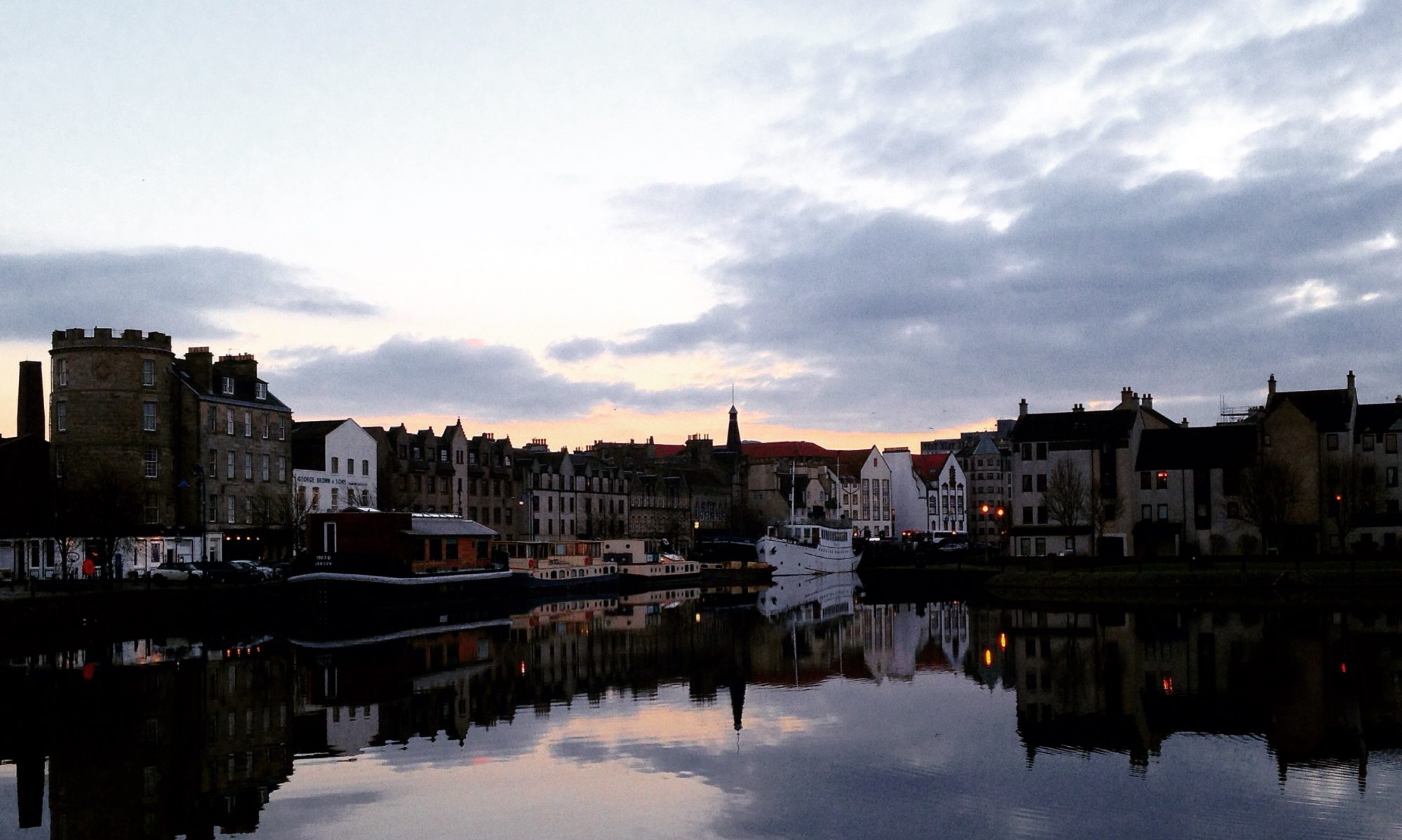
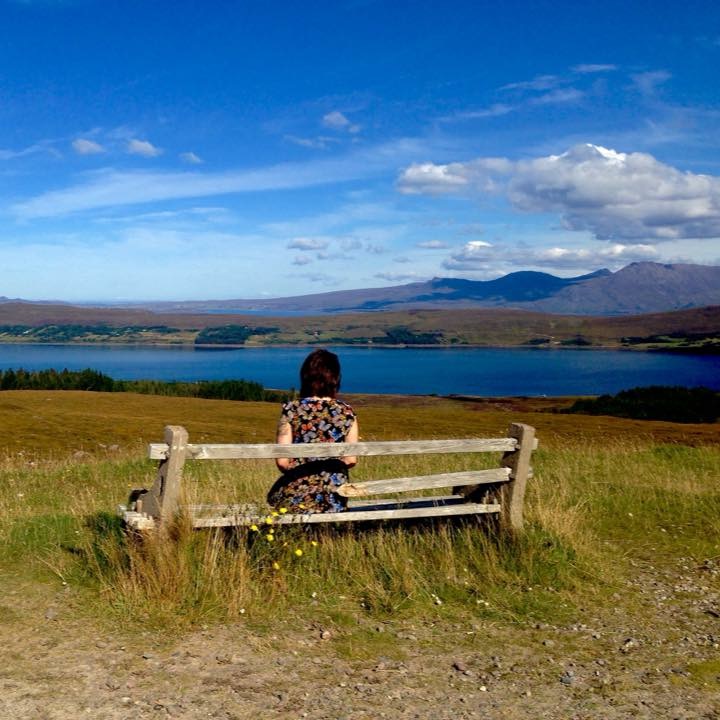
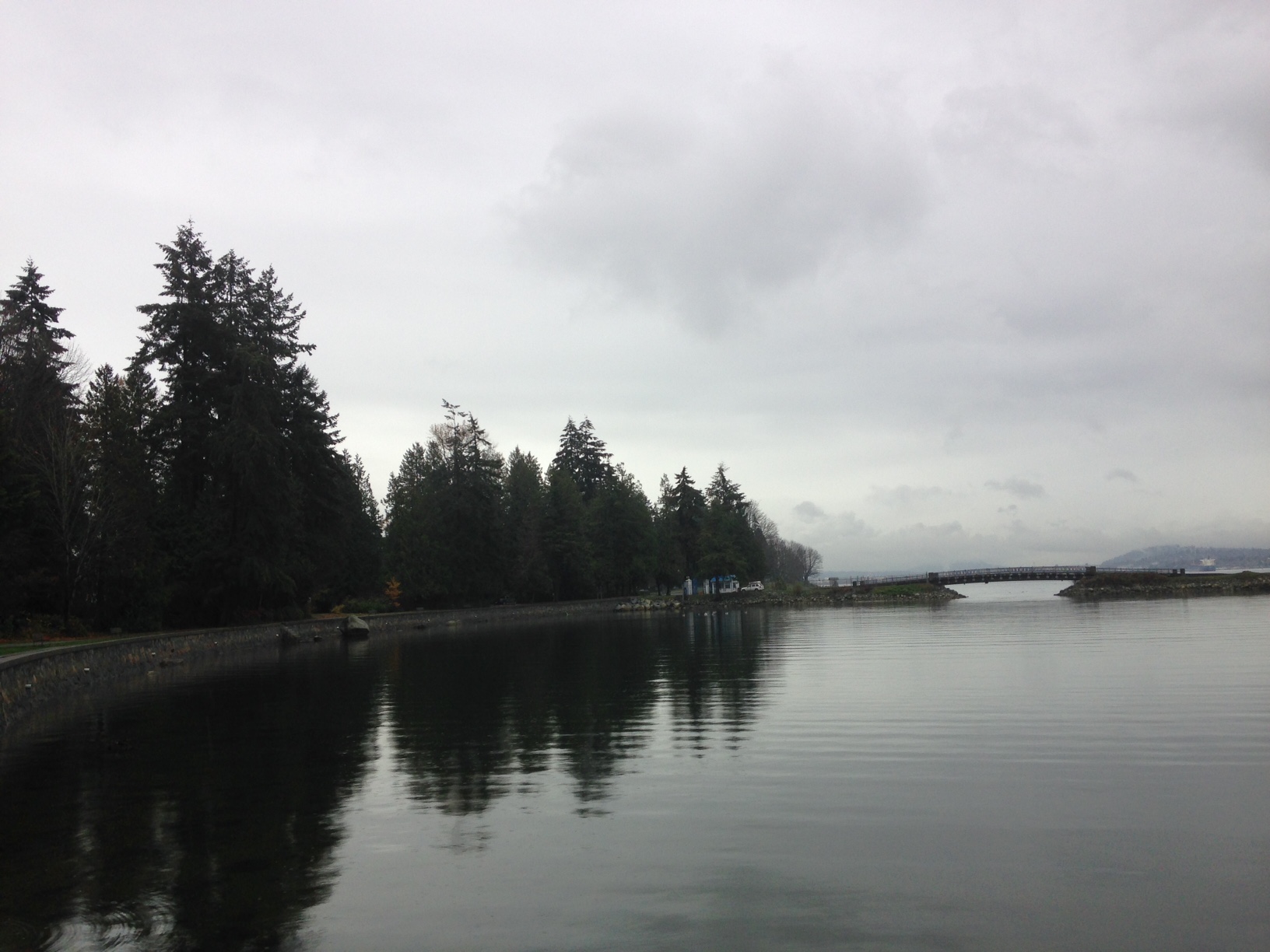
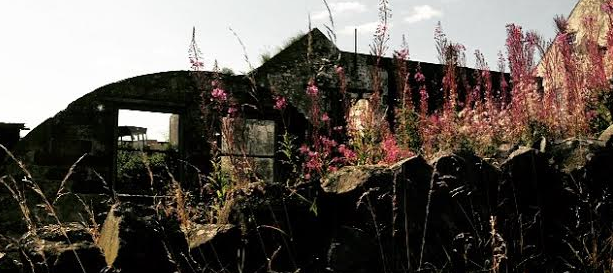 Module 5: Writing to Argue.
Module 5: Writing to Argue.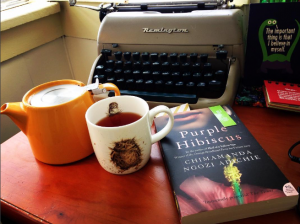 Module 4: Writing to Synthesize.
Module 4: Writing to Synthesize.